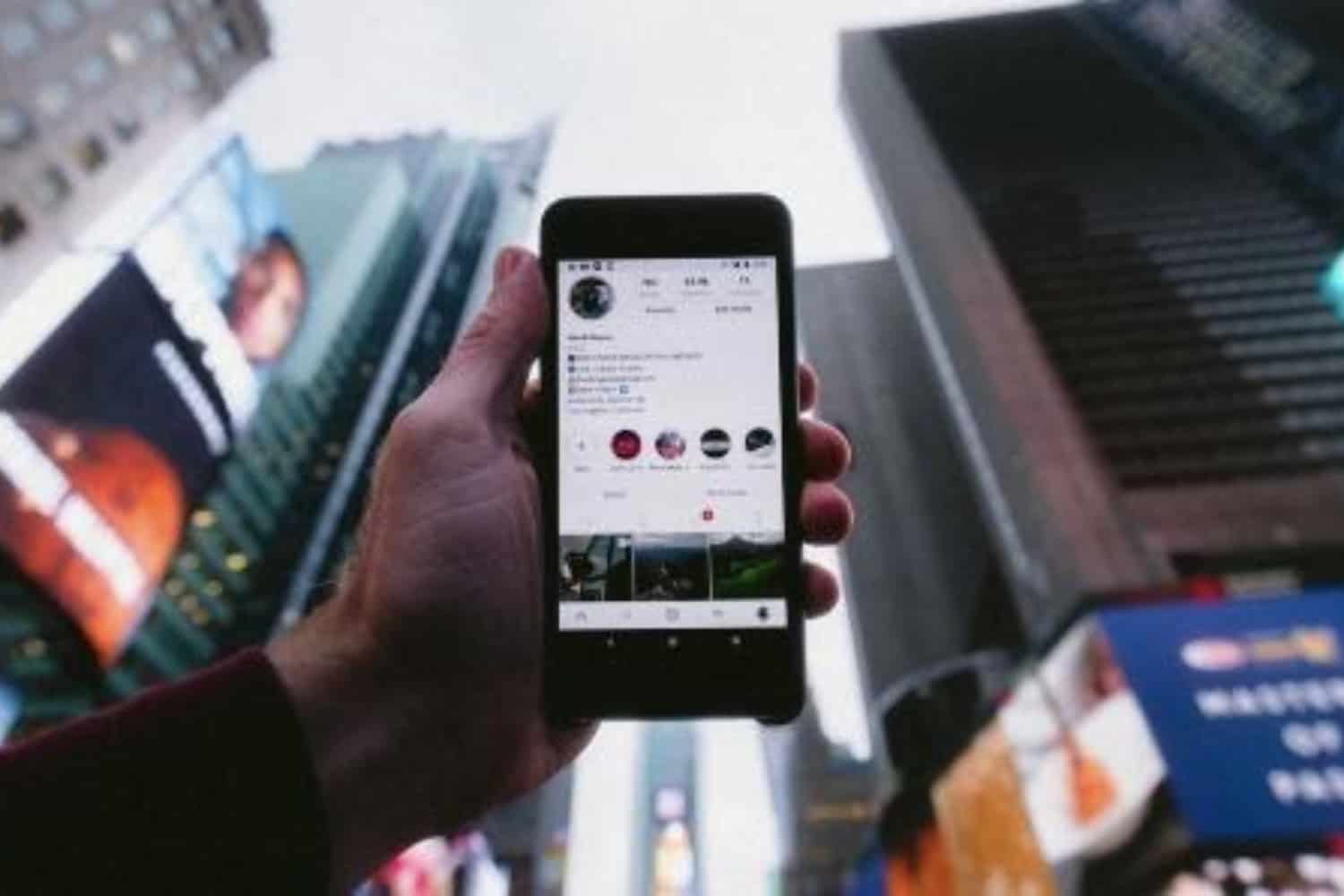Amongst our world in today’s age, the way of life we live now has been negatively influenced by this worldwide pandemic- and the positive outcome of the Netflix documentary, The Social Dilemma, the ins and outs of social media along with its drastic effects has eased its way into the center of attention in our culture. With the escalating use of electronic applications that has the focal point of sharing digital content multiplies many damaging psychogenic consequences. Moreover, these applications convert the users, into “products”, which we can fittingly see in the documentary as: ” if you’re not the one purchasing the product, you will become the product. These occurrences are construed as common knowledge, but we still move forward like clockwork scrolling, posting, and “liking” and consuming images and videos as we traditionally do. Antony Gordon, who’s famous podcast- TheAntonyGordonShow-contends with repudiating the myths of pop culture and analyzing these social trends in one of his recent episodes.
Gordon, who assists professional athletes, Hollywood’s exquisite upper class, and serves as a high demand motivational speaker, takes on the matter of Instagram during his critical review. “With the abundant growth of the technology age- specifically the expansion of social media has caused a major outbreak of anxiety, depression, identity emergencies, and other social afflictions, which has exponentially grew with magnified speed due to how quickly social media spreads,” he elaborates.
To be more exclusive, he plunges into the idea of “FOMO.” While the possibility of a “dread of passing up a great opportunity” isn’t new, “FOMO” is, and has saturated the computerized dictionary as well as the aggregate mind. Gordon accepts that this has prompted individuals making a façade on their feed—one that dishonestly gives the hallucination of achievement, which is as a general rule established in an outer, material understanding of the word. The emphasis on the exogenous—style and optics—is typically separated from the inward state, from the genuine circumstance, and the feelings it produces. “Online media gives a hallucinating and dream feeling of what’s happening in others’ lives—this, thus, brings about individuals feeling that their lives fail to measure up to the act they are seeing,” Gordon expounds.
The whole experience—from banner to watcher—is similar as a play, where entertainers put on an act for the crowd where they carry on manufactured plotlines in acquired outfits and cover their actual emotions. The lone contrast is that in our existence, the crowd is ignorant of the show; web-based media “execution” is for the most part seen as truth, and that is the place where the genuine mischief lies. Complementary fronting and endeavors to “stay aware of the Jones'” spread an endless loop for all gatherings included. Gordon clarifies that the dream life made in the internet as an endeavor to dazzle others “conceals a colossal feeling of depression—it’s regularly a weep for consideration or help.” “When somebody feels little and unessential, this dreamland they are depicting via online media gives them a feeling of pertinence—yet bogus,” he proceeds. It’s a conundrum.
What we’re keying in on currently with the ascent in gloom, nervousness, underhandedness, an absence of confidence and self-acknowledgment, and the developing partition from the ethical ground is generally attached to online media and how our way of life cooperates with this instrument. To hear a greater amount of Gordon’s interpretation of the subject, just as his tips and ideas for rethinking our own relationship with web-based media, head to The Antony Gordon Show Podcast on Spotify or Apple Podcasts. (For Informative Information, That’s Vast. Tune In To Antony Gordon’s Podcast.)
Presented by: T1
The content featured in this article is brand produced.

